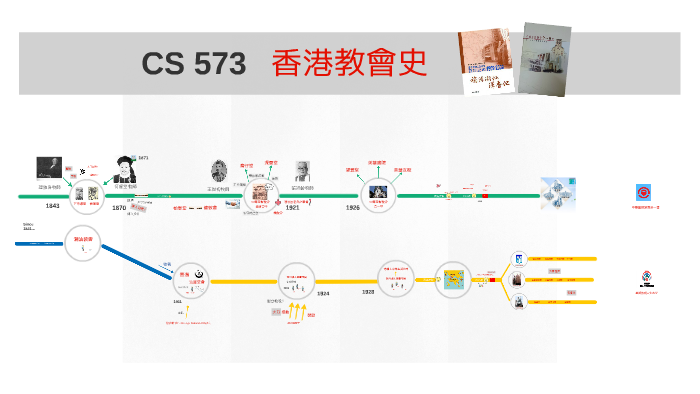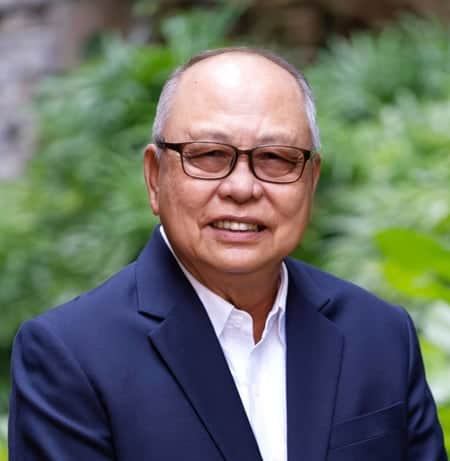

the number of interview opportunities available were in conflict, and they ran out of time before they finally reached mastery level. 1) Those who are just not a good fit for consulting (like forcing a round peg into a square hole) andĢ) Those who are a good fit, but their learning curve timing vs. When people get rejected from consulting, they generally fall into two categories. When the McKinsey interviews rolled around, you were finally able to get all the pieces to fall into place to deliver a great performance. Basically, those earlier interviews were simply opportunities to help you improve your skills. So the million dollar question is actually - When will you get better? By the time you master the case interview, will you have any interview opportunities left? It is quite noteworthy (and quite common I might add) that while you ended up with a McKinsey offer, you had many rejections along the way. The more your prepare and practice, the better you get - this is a given. Basically I think of the recruiting process as a race against time. As you mentioned, it is far easier to have a higher success rate and be more consistent if you have good habits and are using them in a disciplined fashion. While it's not necessary to be perfect on every case, it is necessary to come pretty close most of the time. There are lots of little things that separate a candidate who does a good job on a case vs. You mentioned so many subtle, yet terribly important things, that I wanted to highlight those points for others. I'm glad that all of my case interview practice resources were helpful to you in getting your offer. My Reply: Nice job on the McKinsey offer, I do love the enthusiasm. Chances are, if you see one type of case just once, you will have a pretty good idea of This is simply to increase your exposure to various industries. Scour the internet for cases from university consulting clubs, MBA programs, employer websites, other guides, and anything else you can get. This is extremely important, since it will allow your creativity to flow, without appearing disorganized and/or unstructured. Then the next step is to "own" that particular approach by tailoring specific approaches to your thought process so it becomes natural rather than forced. Find the one that fits well with your thought process and stick with it. Hints for candidates: use one guide as your core preparation! Don't try to memorize frameworks / approaches from all sources, as they will often confound your knowledge base and make it confusing. Your advice helped me to get my dream job, and have dramatically altered my career track. But there's an inherent gap between knowledge and practice, and I should have heeded your advice.

I thought I had this down because I've listened to the Look Over My Shoulder® program at least five times & highlighted and made notes on the transcripts. I learned this the hard way through numerous rejections. Like you said, it is about forming a habit in consistently demonstrating your thought process to the interviewers, being more client-friendly, and other "intangible" factors that make up the difference between those who almost get the offers vs. However, solving the case was only half the battle. In two weeks, I went from having no knowledge about consulting to easily analyzing and solving most (~85%) cases. Then your Look Over My Shoulder® recordings really solidified the principles and demonstrated how each should be applied in practice. Though these were good, I felt your lecture videos on introducing the business situation framework worked out much better because of its simplicity and flexibility. Then I began to stud your videos as core preparation, with supplementary materials from Case In Point and guides from and WSO.com. I interviewed with several consulting firms over three weeks, and I can honestly say that I completely bombed the first interview (scheduled for 30 minutes, ended in ten minutes). Fortunately, various consulting firms have provided me some interview opportunities. My story is somewhat similar to yours, in that I tried banking, but was getting no love from any banks. Question: I am sure you get many messages like this, but I would just like to thank you for all the materials and information on your website, as they have been instrumental in helping me secure my undergrad McKinsey offer. Tips for Case Interview Mastery by Victor Cheng


 0 kommentar(er)
0 kommentar(er)
